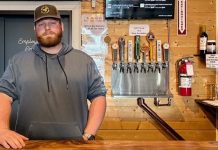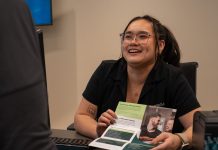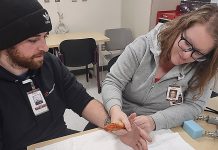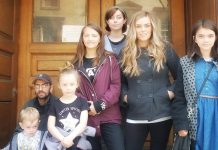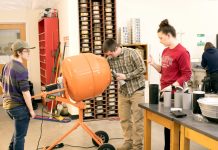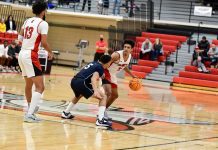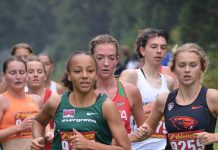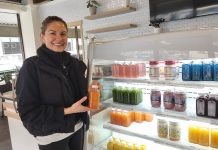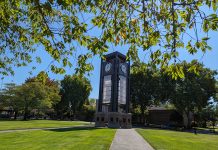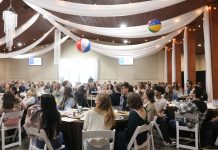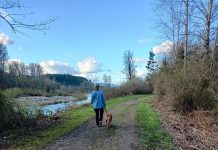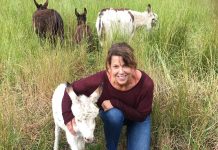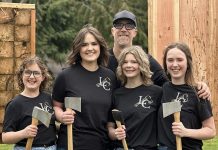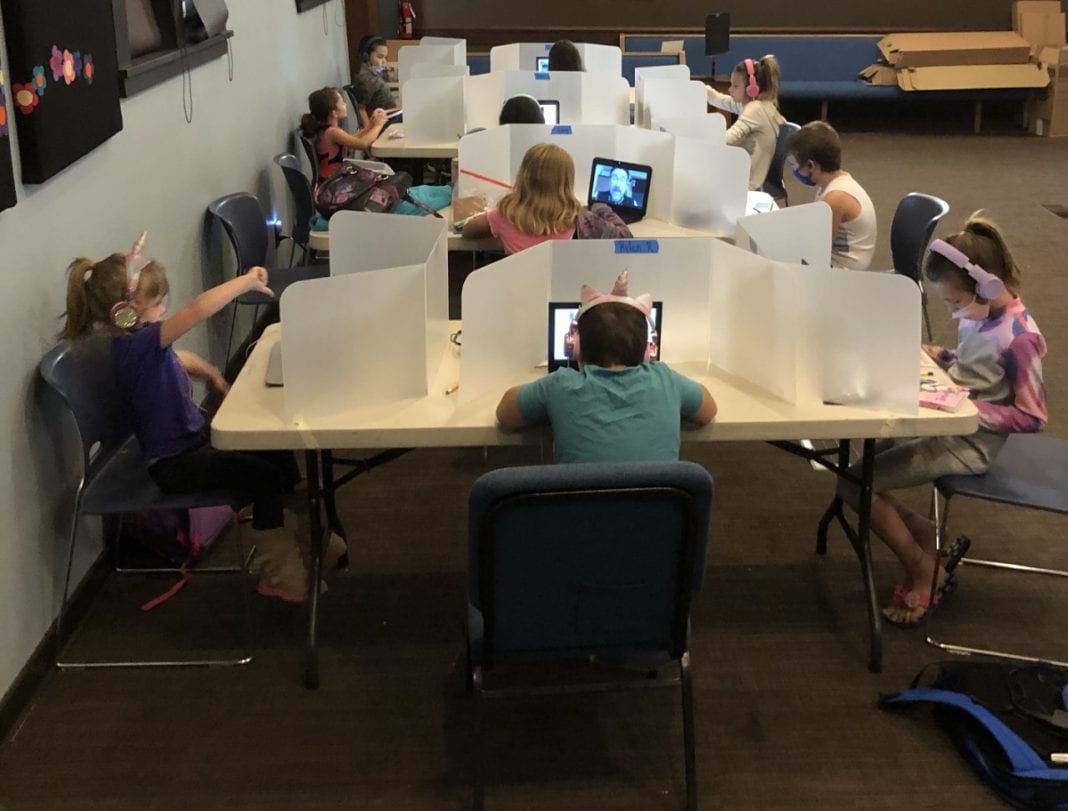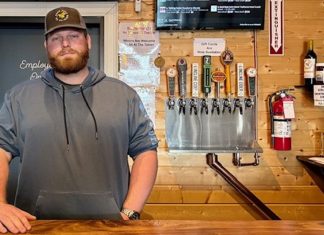This September, the first day of school looked vastly different than any other in Lewis County’s history. A switch to distance learning left both teachers and parents scrambling to find workable solutions as the COVID-19 pandemic continues to rewire education. 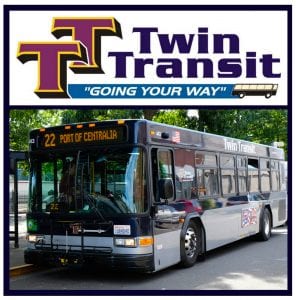
While families wait for schools to reopen, they are facing numerous challenges ranging from internet equity and childcare for working parents, to an alarming rise in mental health issues. Many parents are looking for creative solutions to help their children not only survive–but thrive–while distance learning.
Learning Pods Offer an Innovative Solution
Cascade Mental Health recently posted an article about at-home learning pods. According to the blog, learning pods are “small groups of kids from different households who gather to learn and socialize while being led by a parent or a tutor. These pods might follow their local schools’ online learning program, an independent program, or kids in the pods might just meet up to do homework together.”
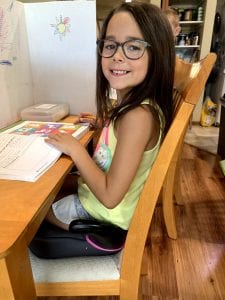
Learning pods are like the co-ops many homeschool families have been doing successfully for decades. Families might take turns hosting and leading the learning group in their homes, or they may decide to share the cost of hiring a tutor. For working parents, this can be an attractive and affordable solution.
When Chehalis Schools shifted to distance learning, Maggie Gray opened her home to two families needing a place for their children to learn. In addition to supervising her own two children who are doing the K12 virtual public-school program, she also supervises four kids with distance learning through the Chehalis School District as well as two others using the A.C.E. (Accelerated Christian Education) curriculum.
Managing kids in three different programs ranging from K-9th grades keeps Gray busy. “Those are all the fun things going on over here!” she says. “I rotate between three to eight kids any given day.”
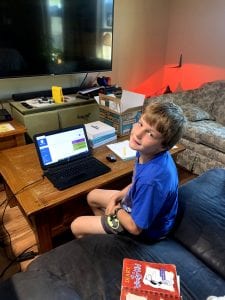
The parents who hired Gray are essential workers or work from home at jobs that require a quiet environment. “One of the moms works in banking, so she can’t have the kids there,” she says. “Even though she is working from home, it’s not a job that she can just drop at any moment to do school.”
Running a learning pod in her home hasn’t been easy. “Three different programs…that’s a challenge,” says Gray. “And Kindergarten on Zoom is a nightmare!” But she has found that even with different programs, the kids are learning from each other. By creating a learning space in her home, Gray is helping her family and other families overcome challenges.
Small, In-Person Cohorts Benefit Mental Health and Provide Safer Social Interaction
Support and togetherness for both kids and their parents are critical during this time of social isolation. With anxiety, depression, and suicidal thoughts on the rise, learning pods can meet the basic need for human interaction and benefit students’ mental health.
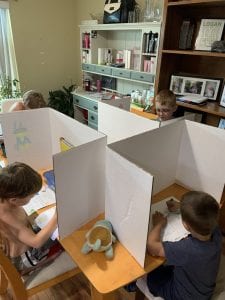
Another advantage of forming a learning pod is it allows for face-to-face social interaction in a small, controlled group. In a letter Lewis County Health Officer Rachel Wood recently wrote to school superintendents, she addressed the importance of in-person learning and specifically recommended “grouping children in small cohorts” as one of the safety protocols for returning to the classroom.
According to Dr. Priya Soni, a pediatric infectious disease specialist at Cedars-Sinai, a learning pod can have from three to 10 children. Other health departments recommend limiting the group to no more than five children and keeping the pods consistent.
“The same students should participate. Mixing pod groups increases the risk of spreading illness,” writes public health expert Lori Karnes in her blog for the Tacoma-Pierce County Health Department. She also lists several familiar health and safety reminders about taking health screenings, wearing face coverings, social distancing, not sharing materials or food/drink, and washing hands frequently.
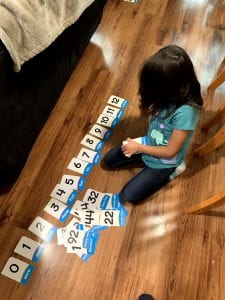
“Hold classes outside if possible. This will increase ventilation and provide maximum fresh air,” Karnes writes. “If class cannot be outdoors, ensure the class area has proper ventilation. Open windows when possible.”
While it may take some effort to organize and launch a learning pod, the many positive benefits may be worth it. Seasoned homeschooling mom Kate Cushman offers this encouragement to distance learning families: “Really–just do it. Call two to five families. Invite them over. Learn as you go.”
Local Churches Find Ways to Come Alongside Families Who are Distance Learning
In a recent meeting of the Lewis County Ministerial Association, several pastors gathered to talk about ways the local churches can meet the needs of students while distance learning. Some have programs already in place and others are still in the planning stages.
The learning center at Bethel Church in Chehalis already has a program in full swing. “We have children from Chehalis, Centralia, Onalaska, Evaline, Toledo, Mossyrock, and Napavine. Each of these schools has different online platforms and programs…we have had to tackle learning each of them,” said Bethel Kids Learning Center Director DeeDee Judd.
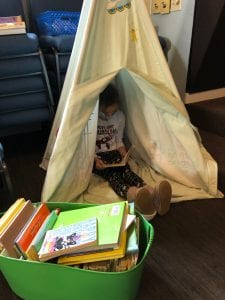
“We (help them) complete all schoolwork, lessons, and Zoom meetings while their parents are at work.” At max capacity, the learning center is currently unable to add additional children. “We plan to continue to support our enrolled BKLC children and their families for as long as they need us,” said Judd.
In Centralia, The Gather Church childcare program has hit the floor running as well. “We have just started week four of our online learning, and it has been a challenge, to say the least,” said Holly Renner, director of Gather and Grow Childcare Center. “But both our students and staff are stepping up to meet those challenges.” With a roster of 14 school-age children, the childcare center has kids from two different school districts, four different schools, and six different grades–including three kindergarteners who are learning to navigate school for the first time.
“Our teachers have to be very organized and disciplined to be able to manage each child’s schedule and classroom assignments, all while navigating new programs and dealing with technical issues like broken cameras, uncharged Chromebooks, sticky keyboard keys, and other various problems that may arise,” said Renner.
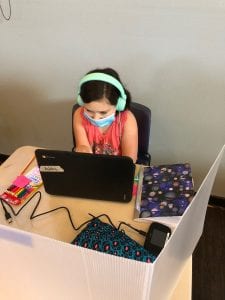
Although the challenges are frustrating at times, she knows it is worth the effort. “We are providing a much-needed service to families,” she says. Some parents need to work to provide food and clothing and shelter. Some have limited Wi-Fi capabilities, and some just don’t have what is needed to facilitate online learning for their children.
The church saw the need and stepped up. Turning a sanctuary that was mostly unused during the week because of COVID-19 into a thriving classroom, The Gather Church is putting their motto into action: “We do what we can with what we have.”
Centralia Community Church of God launched an afterschool learning lab for K-6th grade students in early October. The program, called C3 Learning Lab, will be a collaboration of volunteers–parents, educators and community members–who are “stepping up to stand in the gap for our students during the 2020-21 school year.”
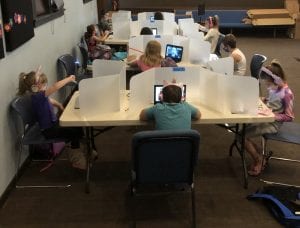
C3 Learning Lab is actively recruiting volunteers for their first session which begins October 6. Volunteers will commit to serving once a week for 10 weeks on either Tuesday or Thursday from 4:00-6:00 p.m. The program is designed to help elementary students with homework, learning enhancement projects, and/or reading. Volunteers are needed to help tutor and run check-in and check-out.
As families wait for schools to reopen, many individuals, churches and organizations are leading the way in meeting these educational needs through creative and compassionate solutions.

